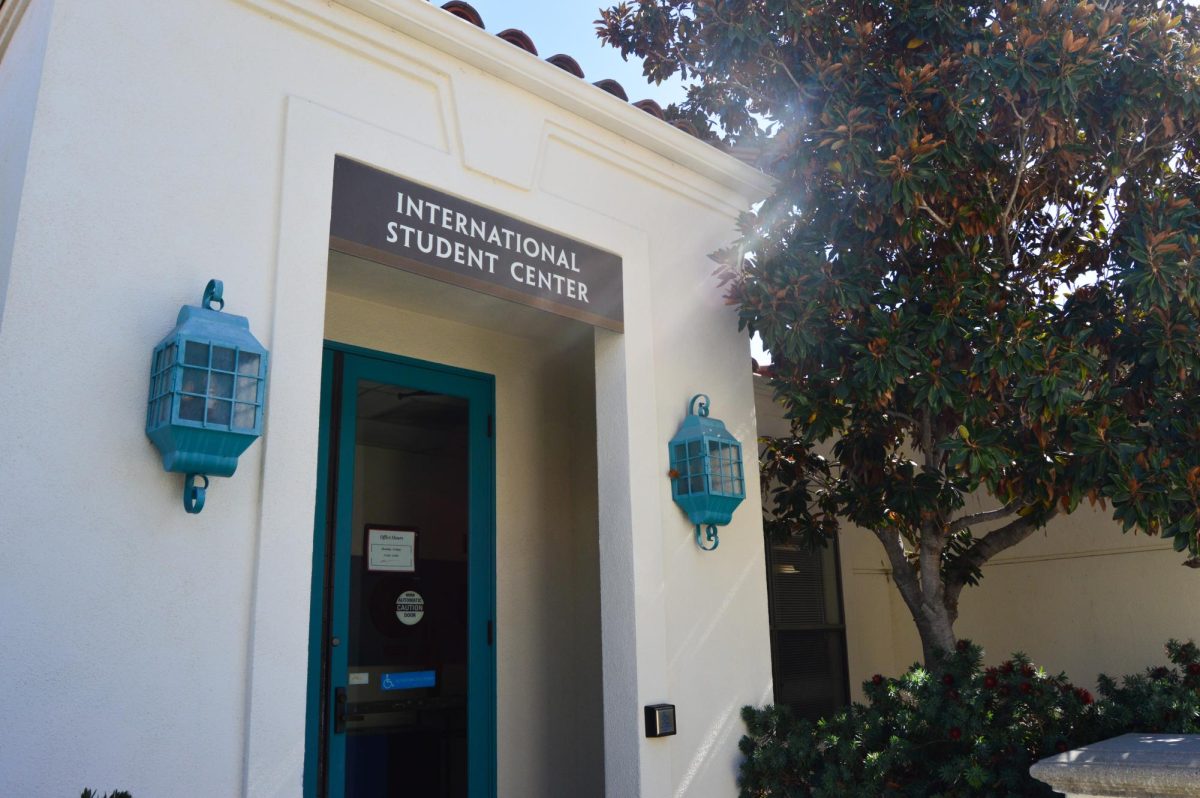The recent college admissions scandal in which parents of elite families bribed school officials at prestigious colleges to get their children admitted has caught the attention of the country.
Many were surprised and outraged these wealthy parents would go to such lengths of bribery, money laundering and fraud to get their children into college.
But college admissions have always been constructed to favor the children of the wealthy.
The cost of college applications alone can be quite costly.
The UC application charges $70 for each school you apply to, CSUs charge $55 per school and private schools can be even more expensive.
This is a costly fee for all applicants knowing that most of them will end up getting rejected.
A report by LendEdu found UCLA made the most revenue for application fees acquiring over $5 million from declined applications.
While this money does get used for school funds, this is an exorbitant amount of money going toward a school these prospective students will not even attend.
Standardized testing is another major cost of the application process.
Most colleges require students to take either the SAT or ACT which can cost anywhere between $46-$64.50 depending on if you test with the essay portion which may be obligatory for some school.
Free or cheap prep courses that are helpful for these tests can be hard to come by.
Prep courses that give students the biggest boost in their scores are the most expensive. Tutors can cost hundreds of dollars an hour.
This gives kids with the money to pay for these types of resources an advantage over students who did not have access to them.
Schools with better funding are able to offer more AP courses which look good on students’ transcripts and can boost their GPA. Well-funded schools also tend to have stronger athletic and art programs to offer.
Extracurriculars have become essential to college applications. Students are expected to show strong participation in athletics, arts and community service on top of maintaining high grades.
Students of wealthier families can afford to hire a private admissions counselor to guide them through the application process and assist with essay writing.
For other students, they only have the advice of their high school counselors who are busy helping dozens of other students apply to college.
Receiving personalized guidance is difficult to obtain for free.
Many colleges look for demonstrated interest by students applying to their school. They like to see students go on campus tours or go to their booth at a college fair.
Visiting a college can be time consuming and transportation can be costly. Parents and students often don’t have the luxury to take time off work to go to a college that is far away, especially when it is out of state.
Early decision applications give students a higher chance of getting into the school of their dreams.
However, this application requires applying months before regular applications are due; students from families that are familiar with the application process will be more prepared for applying early.
Additionally, early decision is binding, so students who plan on using financial aid to pay for college have little incentive to apply because of the uncertainty they will be afforded to attend the school.
All students should have an equitable opportunity when applying for colleges.
Application fees should be lowered.
The emphasis on standardized testing scores should be reduced. Students should be able to express interest for a school through an essay rather than basing demonstrated interest off-campus visits.
Essay-based applications will allow students to share their personal stories, their reasons for applying to college and what they hope to get out of their college experience.
Colleges need to adjust their admission process to stop heavily favoring wealthier applicants and give all students a fair chance.
Catherine Van Weele is a freshman studying political science.






